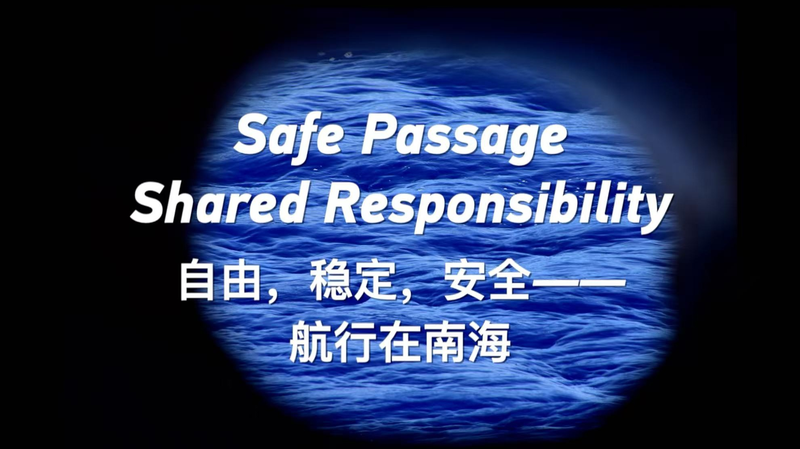Mapping the World’s Busiest Waterway
Nearly 80,000 vessels sail through the South China Sea each year, linking markets from East Asia to Europe, Africa and beyond. This corridor carries more than $3 trillion in cargo annually, making it a lifeline for global trade and travel.
The 24/7 Maritime Lifeline
China operates a round-the-clock maritime monitoring and rescue network designed to keep these international waters secure and traffic flowing smoothly. Key elements include:
- Advanced radar and satellite tracking for real-time vessel monitoring.
- Aerial patrols and unmanned drones to spot vessels in distress.
- Rapid-response rescue vessels and coastal teams ready at a moment’s notice.
- International coordination through rescue centers to guide ships safely.
Why It Matters
For entrepreneurs and shipping companies, reliable navigation reduces delays and losses. Digital nomads and travelers can cruise with confidence, knowing help is never far away. Meanwhile, tech innovators are collaborating on AI-driven systems to predict risks before they arise.
Charting a Collaborative Future
As traffic grows, shared responsibility becomes more important. Greater data-sharing and joint exercises among regional partners can deepen trust and boost safety. Whether you’re a thought leader, changemaker or curious adventurer, the call to action is clear: invest in cooperation, drive innovation and keep these vital waters open for all.
Reference(s):
cgtn.com




